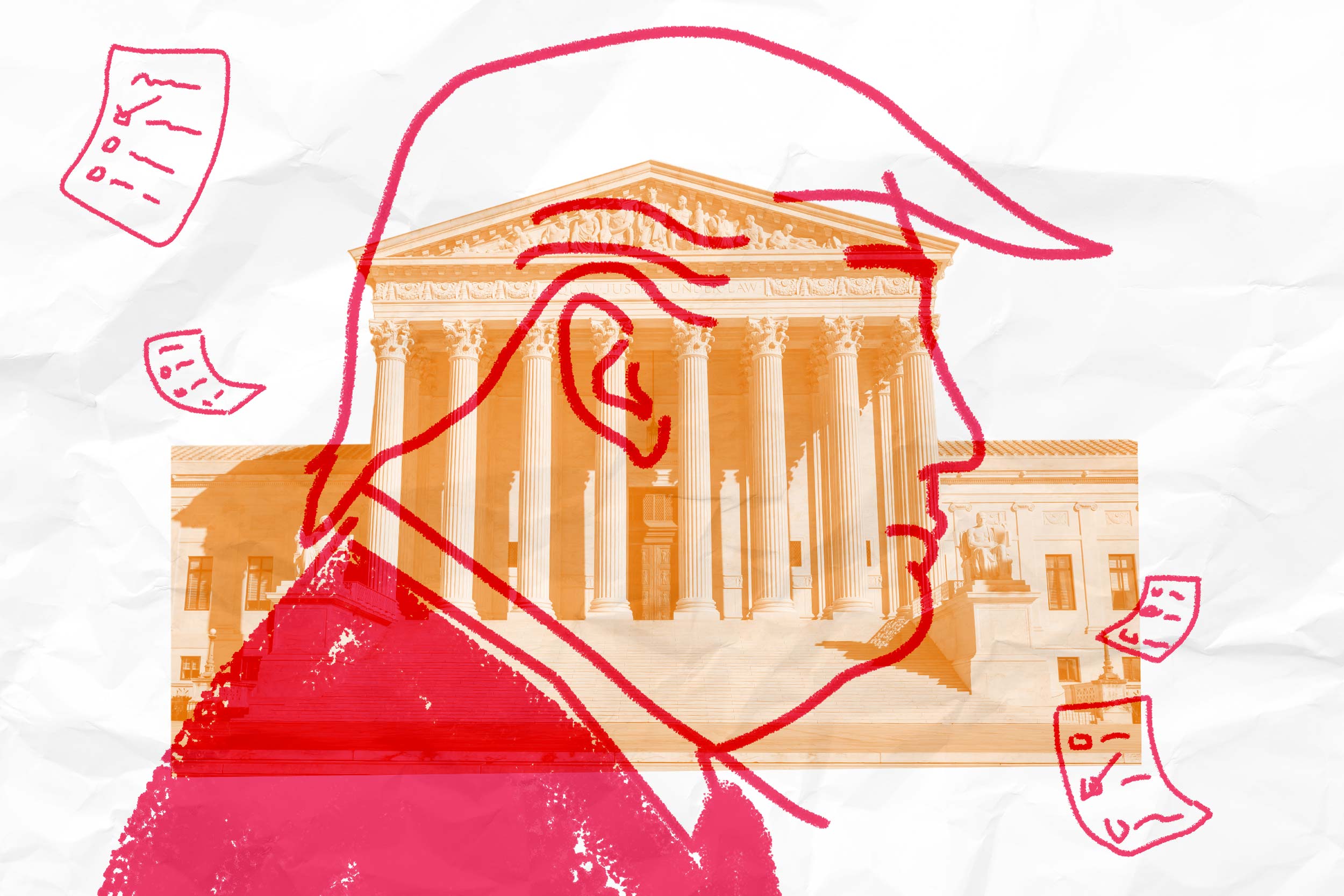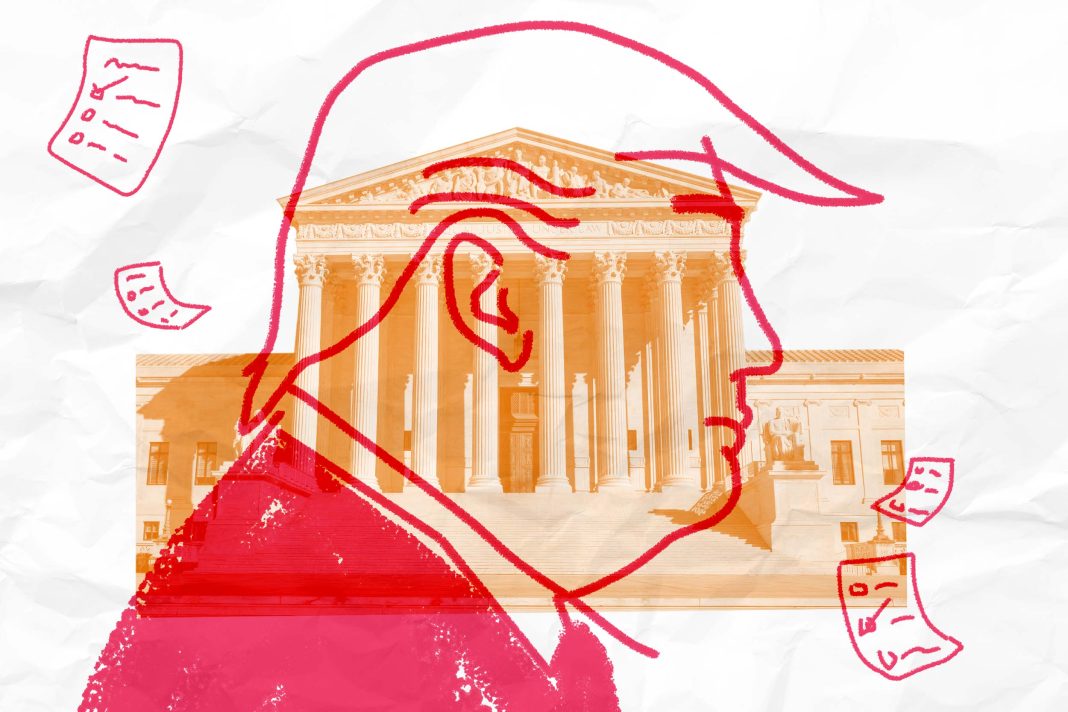 Cryptocurrency customers recently won a victory in the Supreme Court. The court unanimously ruled on May 23 that a major cryptocurrency exchange, Coinbase, cannot compel disgruntled customers to participate in private arbitration over a sweepstakes dispute. Instead, the court determined that the dispute should remain in the courts. This decision has implications for both companies and consumers when it comes to resolving disputes.
Cryptocurrency customers recently won a victory in the Supreme Court. The court unanimously ruled on May 23 that a major cryptocurrency exchange, Coinbase, cannot compel disgruntled customers to participate in private arbitration over a sweepstakes dispute. Instead, the court determined that the dispute should remain in the courts. This decision has implications for both companies and consumers when it comes to resolving disputes.
Companies often prefer arbitration over the courts because it is believed to resolve cases more quickly and at a reduced cost. On the other hand, consumer advocates argue that the judicial system provides more options for consumers and is less likely to side with the companies being sued. In this case, the customers alleged that they were deceived into paying $100 to enter a sweepstakes they had virtually no chance of winning.
The sweepstakes in question offered participants the opportunity to win prizes of up to $1.2 million in Dogecoin, a digital currency. The sweepstakes rules stipulated that any disputes related to the promotion would be governed by California courts. However, Coinbase insisted that the dispute should go to arbitration based on its customers’ user agreements with the company.
The customers disagreed and filed a class-action lawsuit in federal court in California, claiming that the sweepstakes rules violated California law. Coinbase argued that the question of whether the dispute should go to arbitration should be decided by an arbitrator. A federal district judge ruled against Coinbase, stating that the forum-selection clause in the sweepstakes rules narrowed the parties’ arbitration agreement.
The U.S. Court of Appeals for the Ninth Circuit upheld the district judge’s ruling, leading to Coinbase’s appeal to the Supreme Court. Justice Ketanji Brown Jackson delivered the Supreme Court’s unanimous opinion, with Justice Neil Gorsuch writing a concurring opinion. Justice Jackson explained that there were two contracts involved in this case: one with an arbitration provision and a delegation clause, and another with a forum-selection clause.
Coinbase argued that the delegation clause in the first contract meant that the arbitrator should determine the arbitrability of the dispute. However, the customers and the Ninth Circuit held that the forum-selection clause in the second contract superseded the first agreement. The Supreme Court agreed with this interpretation, stating that a court must determine which contract governs when two contracts exist.
The decision has broader implications for other cases involving Coinbase. The Supreme Court did not address Coinbase’s argument that the forum-selection clause in the sweepstakes-related contract superseded another contract, a user agreement. The court previously denied emergency applications from Coinbase to stay two class-action lawsuits pending against the company in 2022.
Overall, this Supreme Court ruling highlights the importance of contract interpretation and how disputes between companies and customers are resolved. It establishes that when multiple contracts are involved, a court must decide which contract governs and whether a dispute should be sent to arbitration. This decision provides clarity for both companies and consumers when it comes to resolving disputes in the cryptocurrency industry.


